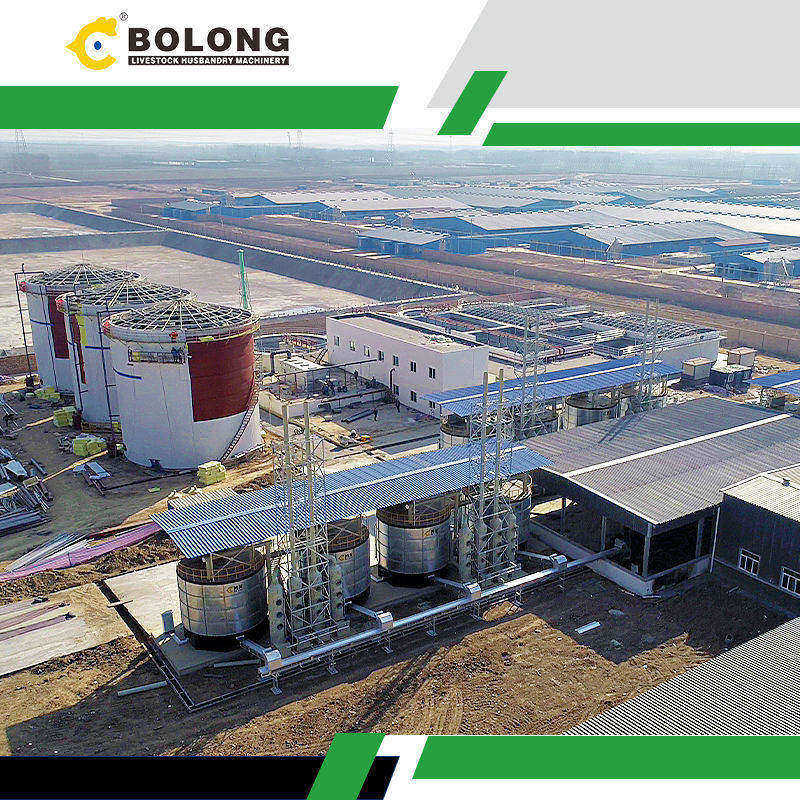
2023/4/7/ · The PFD includes three major unit operations namely fermentation (P-1/FR-101), anaerobic digestion (P-2/AD-101), and absorption column (P-3/C-101). In P 1/FR-101, the carbon source for the fermentation process is food waste combining carbohydrates, protein, or fats diluted with water. The feed into the (P-1/FR-101) is

2018/1/30/ · The company says that its recently developed BEKON MINI system enables dry fermentation to be conducted even in the smallest spaces and with low input quantities. The new biogas plant in Enger has an annual input capacity of 8 500 tonnes of biowaste consisting of kitchen and garden waste, from which some 1.1 million Nm3 of
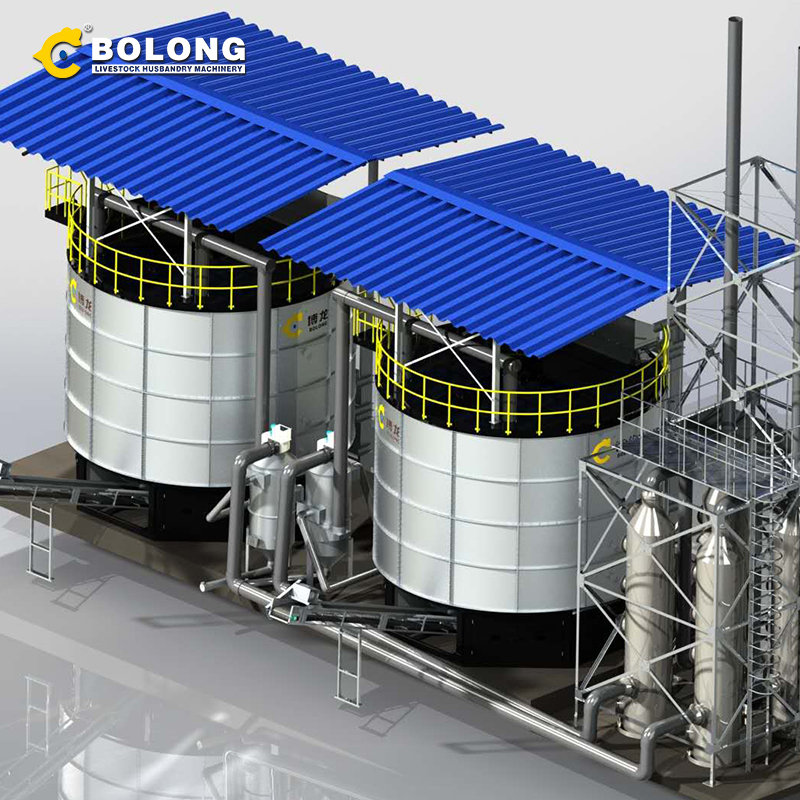
2024/5/28/ · Biohydrogen production technologies effectively utilize waste biomass resources and produce high-purity hydrogen. Improvements have been made in the
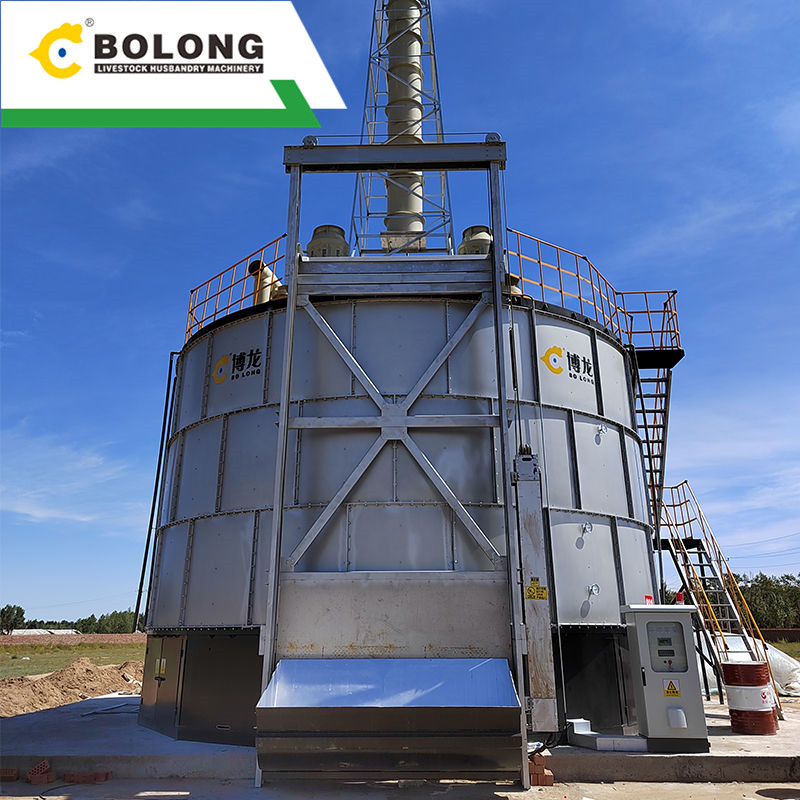
2023/11/7/ · The food waste was very difficult to treat in a proper way since its high-organic matter. The novel biohythane (H2 + CH4) production from high-strength industry food waste hydrolysate in two steps anaerobic well mixed batch bioreactor was carried out in this study using cultivated microflora. The temperature was controlled at 37 °C and
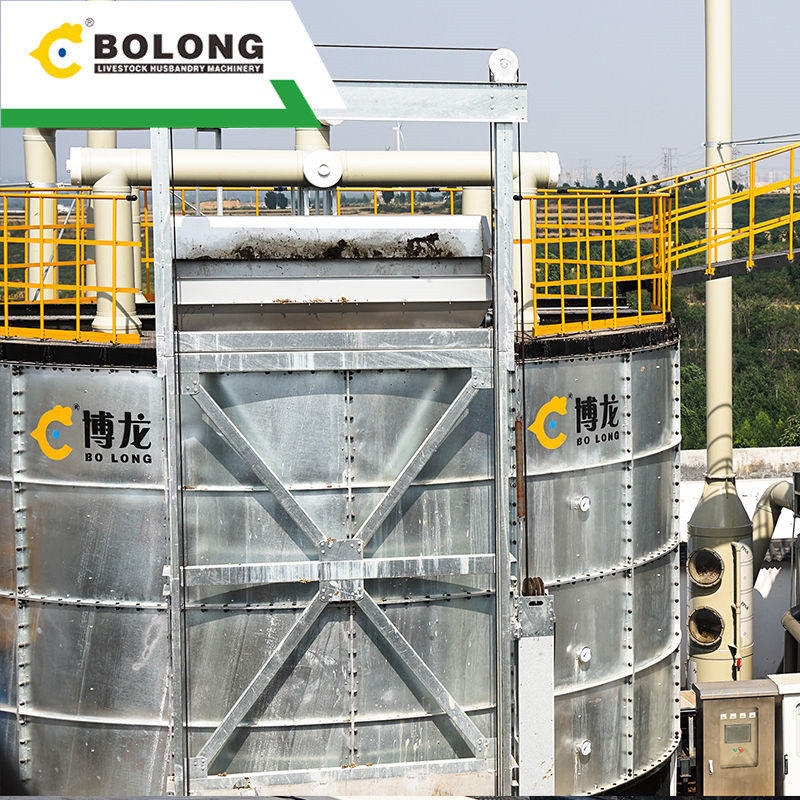
2016/1/27/ · In a first phase, Aemetis plans to adopt the process by adding an 8 Mgy gas fermentation unit to its existing 60 Mgy first generation biofuel facility in Keyes. This technology enables Aemetis to produce advanced ethanol that is valued up to approximately $3 per gallon more than traditional ethanol (LanzaTech, 2016).

2013/1/1/ · Song et al. used active yeast tolerant to high temperature to produce ethanol by solid-state fermentation, obtaining optimal fermentation. The theoretical yield of ethanol was 0.332 g ethanol/g dry sweet sorghum stalks; the actual yield was 0.298 g ethanol/g dry sweet sorghum stalks (89.8 % of the theoretical yield), which means only
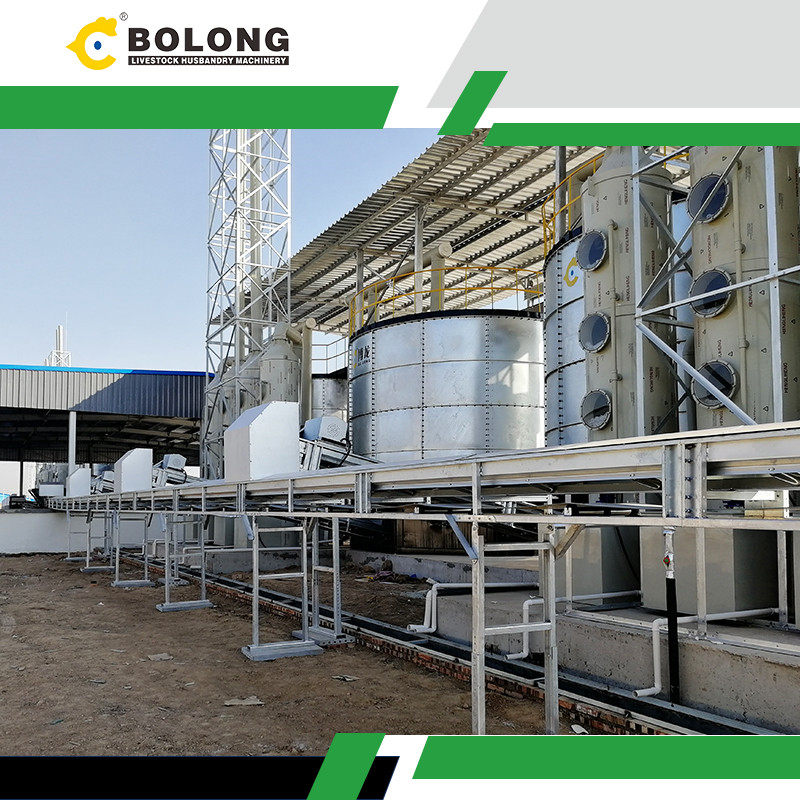
2020/2/11/ · Economic Assessment of Bioethanol Recovery Using Membrane Distillation for Food Waste Fermentation. Noor Intan Shafinas Muhammad 1, 2 and Kurt A. Rosentrater 1, * All necessary unit operations for all relevant processing steps were modeled. Open in a separate window ... Plant Capacity—Mg/day: 1000: 2000: 3000: Liq.

2022/11/1/ · Ethanol (96% g/g) was isolated by evaporation from the fermentation broth at 78℃ under 2.5 kPa. The 96% g/g ethanol was then dehydrated with 3A zeolite adsorbent for purpose of pure (99.8% g/g) FE. Download : Download high-res image (245KB) Download : Download full-size image; Fig. 1. Process flow diagram for fuel ethanol (FE)
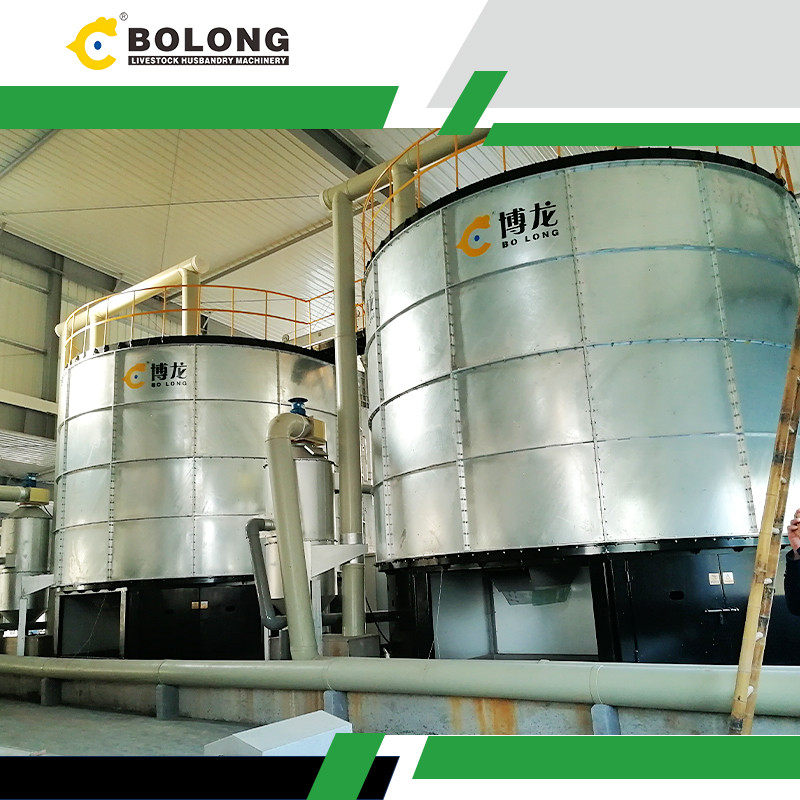
2018/5/29/ · It is well-established that a short (e.g. 3–10 min) plasma treatment using kINPen has the capacity to induce increased ROS levels in a variety of prokaryotic and eukaryotic cells 42,58,59,60, as

2024/2/15/ · Sustainable valorizing high-protein feather waste utilization through solid-state fermentation by keratinase-enhanced One unit of keratinase activity was defined as the amount of enzyme needed to release 1 μg tyrosine from keratin per min. ... SCUT-3 strain. To our knowledge, this high efficiency and high processing capacity by SSF with ...

2015/12/1/ · As fermentation process proceeded, more reaction unit was generated, which keep in consistent with the conclusion of Fig. 5. Furthermore, carbon dioxide generated by aerobic respiration of microorganisms was easily removed by the movement of food waste, merging into the air flow in the upper part of the reaction chamber, with more

2022/2/8/ · Compared with other culture , solid-state fermentation has the following advantages: (1) the medium is simple and widely available, mostly inexpensive natural substrates such as biomass straw, etc. (2) Low investment and low energy consumption. The technology is simple. (3) The yield of the product is high.
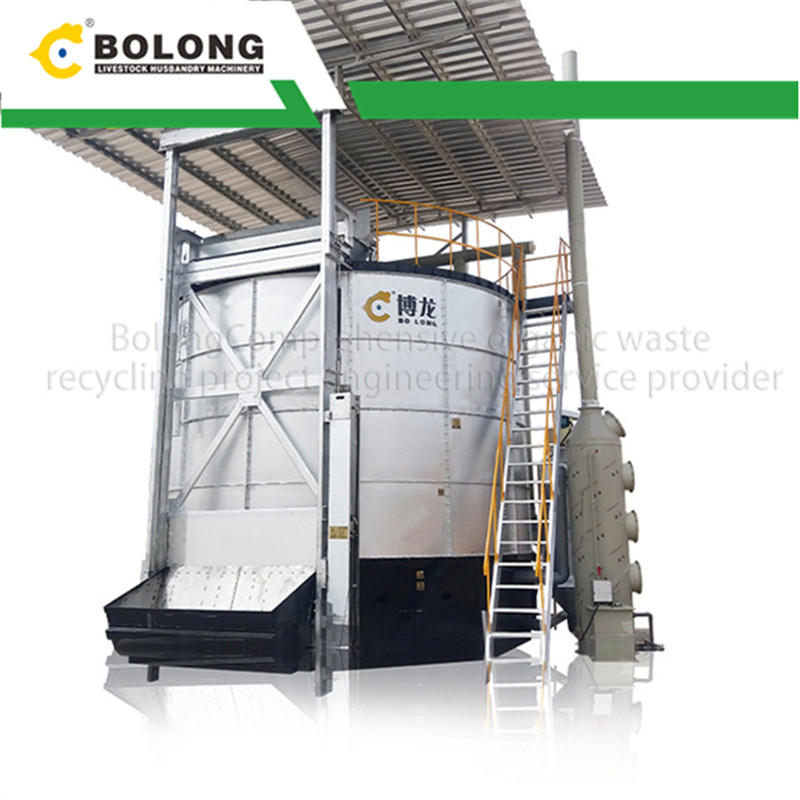
2006/7/3/ · Hydrogen is a clean fuel with a high energy yield (142.35 A reactor 1-L in capacity was used to evaluate the behaviour of hydrogen production when systems are increased in scale. This system was monitored only for gas production, gas composition and the destruction of VS. ... A hydrogen-fermentation unit, when intended for waste …


2023/11/1/ · Long-term high TIN re (93.4%) was sustained in stable run as T dropped to 20 °C.. Efficient sludge reduction was demonstrated with averaged 14.9% under decreased T. • Higher rate of NO 3 − →NO 2 − over NO 2 − →N 2 at lower 20 °C was revealed by RT-qPCR.. The resilient anammox to lower T was proved as increased hzsB mRNA and …